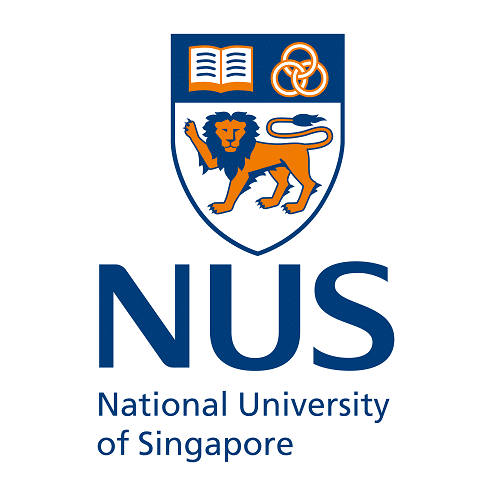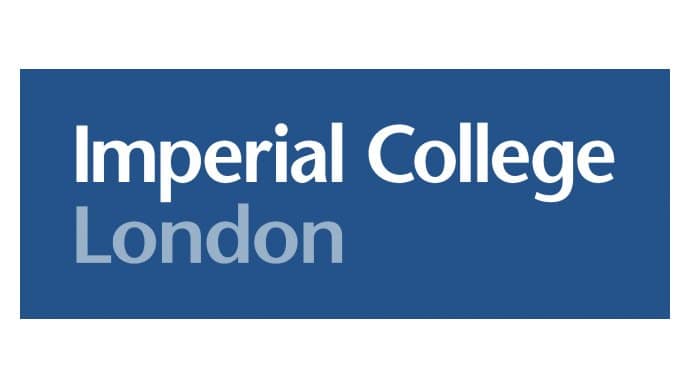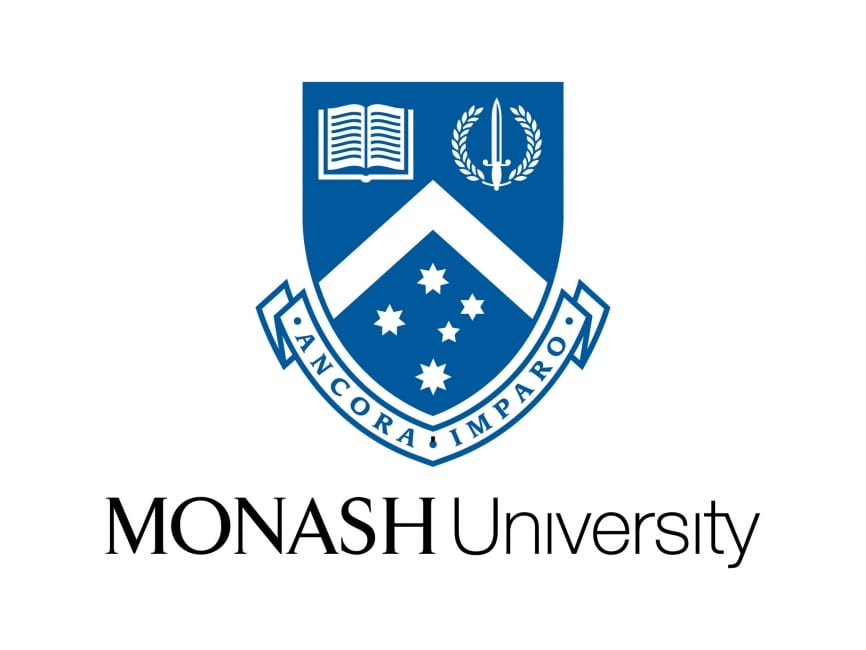United Arab Emirates・Online (Nationwide)
Send us your requirements and we will get in touch with you very soon for a free trial.

Our teachers and tutors graduated from top universities






Introduction
The UAE education system, including K–12 and higher education, is governed by the Ministry of Education (MoE). All children aged 6 to 18 are required to attend school. This responsibility extends to the children of expats as well. Emirati natives are free to attend government schools, while foreigners must pay a tuition to attend both public and private schools. Arabic lessons are available in public schools, with an emphasis on English as a second language.
Parents who want to educate their children in their home country’s school system will have a choice of country-specific institutions as well as many international schools.
The Education System in the UAE
The educational system in the UAE is divided into three broad categories:
- Public schools
- Private schools
- Higher education schools
Quality varies greatly; nonetheless, there are some extremely strong schooling alternatives accessible in the Emirates at all levels. In a 2015 global school rankings list, UAE kids rated first within Gulf countries and 45th globally.
UAE Primary Education
All Emirati children must attend school beginning at the age of six. Grades 1–5 (ages 6–11) include primary education. Students must be proficient in math, science, English and/or Arabic, and social studies.
In the Emirates, the school week extends from Sunday to Thursday, which can be a difficult transition for foreigners. Public schools operate on a trimester system, whereas private schools typically operate on a two-semester model.
The UAE’s primary school curriculum
Private schools in the UAE follow a variety of systems, with some employing curricula from the United Kingdom, the United States, or India and others offering the International Baccalaureate (IB) program. As a result, teaching methods vary from rote memorization and weekly testing to gauge grades and progress to less frequent testing and less strict teaching styles.
Students who successfully pass secondary school final examinations in the state system obtain a graduation certificate from the Ministry of Education. Private school graduation standards vary. During their school search, parents should discuss with school administrators the teaching philosophy, accessible subjects, and testing dates.
UAE Secondary Education
Emiratis are required to attend secondary school until they graduate, and the country has a roughly 97 percent graduation rate. State schools begin secondary education in grade 9, whereas private schools follow a variety of formats.
Secondary schools in the state system teach most of the same subjects as elementary schools, however, some courses, such as music, may be added or dropped. Students in public schools have the option of attending a technical secondary school or continuing on an academic path. Computer technology, tourism, health sciences, and finance are just a few of the vocational specializations available at these technical schools. Individual private schools are structured individually, and there are no national policies in place.
Teaching methods and assessments differ, but they are likely to be similar to primary school teaching practices within the same school. Many institutions, on the other hand, give secondary school pupils some leeway in selecting subjects that interest them.
UAE Higher education
The UAE has an extremely high percentage of tertiary school enrollment, with 95 percent of girls and 80 percent of boys applying to higher education institutions. Emirati students are entitled to free tuition at state universities.
Three Emirati colleges are in the top 500 in the world. Private universities, as well as branches of famous institutions, abound in the UAE. New York University Abu Dhabi, American University in Dubai, and Canadian University in Dubai are among them. They provide undergraduate studies, and some institutions also provide graduate studies. Expats from all around the world study alongside Emirati students at these universities.
Exams in the UAE
Students in both public and private schools are tested during the school year and at the end to assure passage to the next grade level. Until the final year of secondary school, there are no overarching tests that students must pass to achieve national standards in public schools.
Exams for graduation in the UAE
Public school students must pass this exam in order to acquire the General Secondary Education Certificate. Private school students must additionally complete continuous, term-end, and year-end examinations. However, depending on the educational system in existence, such as the International Baccalaureate or the British GCSE, pupils may also be required to complete international tests in order to graduate.
Students in public and private schools that follow the national curriculum must take the Emirates Standardized Test (EmSAT) beginning in 2017, which is necessary for entrance to most public universities and colleges.
Where could you find the right Tutor for your child?
Tiger Campus UAE is one of the premium online tuition centers in the UAE. We have home and online tutors for different levels and subjects. Tiger Campus UAE tutors are able to provide quality home and online tutoring for any syllabus. Get a free trial today with a tutor from TigerCampus UAE.
Need more info?
Let's talk.
Leave your phone number, and we’ll call you back to discuss how we can help you.






